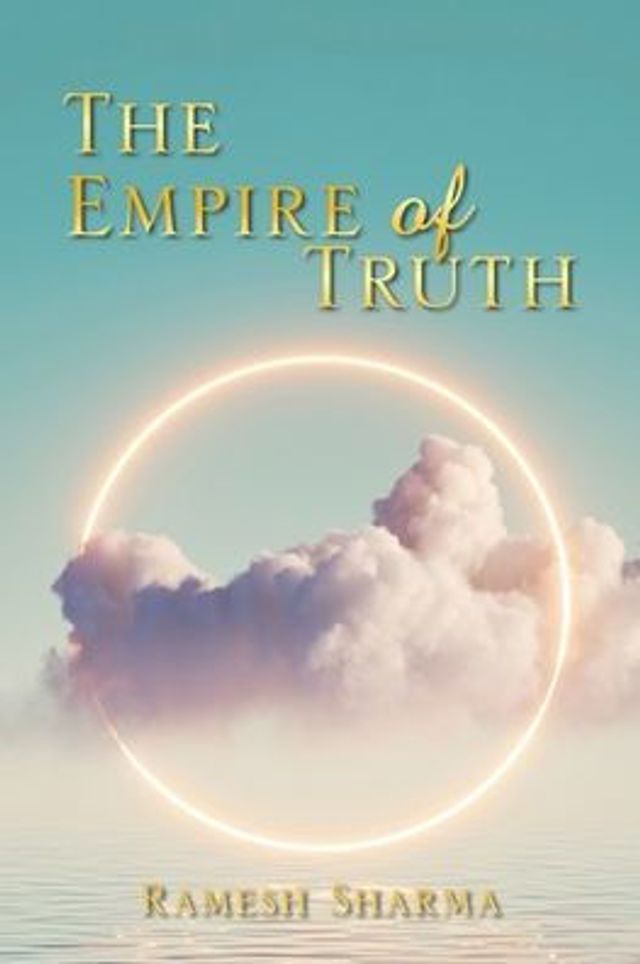Home
Empire of Dreams
Barnes and Noble
Empire of Dreams
Current price: $63.00


Barnes and Noble
Empire of Dreams
Current price: $63.00
Size: OS
Loading Inventory...
*Product information may vary - to confirm product availability, pricing, shipping and return information please contact Barnes and Noble
Straddling the line between fiction and poetry,
Empire of Dreams
speaks of Puerto Rican poet Giannina Braschi's love affair with New York City—her imagined social, political, erotic, and linguistic relationships to the place that has acted as a magnet to Puerto Ricans for so many years.
The work deals with issues of performance, gender ambiguity, and marginality. It is concerned with the boundaries of language and the possibilities of cross-dressing poetry as commercials, diary, tabloids, gossip, confessions, videos, autobiography, musicals, and manifesto. Characters turn into other characters. Clowns, buffoons, shepherds, lead soldiers, magicians, madmen, witches, fortune-tellers, and artists perform their fantasies in the city streets. An antinovel within the book satirizes the writer's role in the modern age and calls for a revolution of poetry. New York City becomes the site of liberation for its marginal citizens, as the narrator is led through a seeming phantasmagoria of internal and external trials in order to experience the center—of political power, of meaning, of feeling, and of personal identity.
Empire of Dreams
speaks of Puerto Rican poet Giannina Braschi's love affair with New York City—her imagined social, political, erotic, and linguistic relationships to the place that has acted as a magnet to Puerto Ricans for so many years.
The work deals with issues of performance, gender ambiguity, and marginality. It is concerned with the boundaries of language and the possibilities of cross-dressing poetry as commercials, diary, tabloids, gossip, confessions, videos, autobiography, musicals, and manifesto. Characters turn into other characters. Clowns, buffoons, shepherds, lead soldiers, magicians, madmen, witches, fortune-tellers, and artists perform their fantasies in the city streets. An antinovel within the book satirizes the writer's role in the modern age and calls for a revolution of poetry. New York City becomes the site of liberation for its marginal citizens, as the narrator is led through a seeming phantasmagoria of internal and external trials in order to experience the center—of political power, of meaning, of feeling, and of personal identity.


















